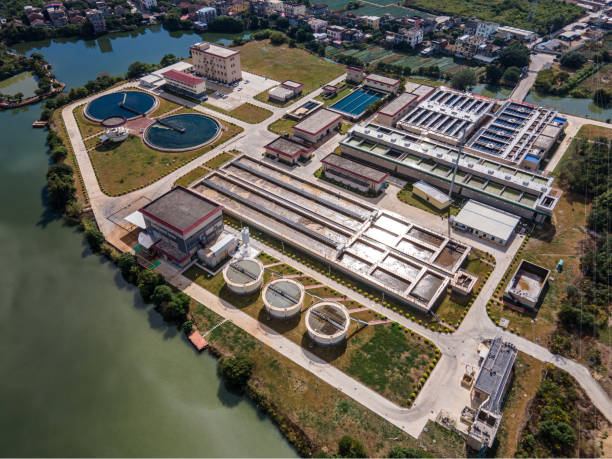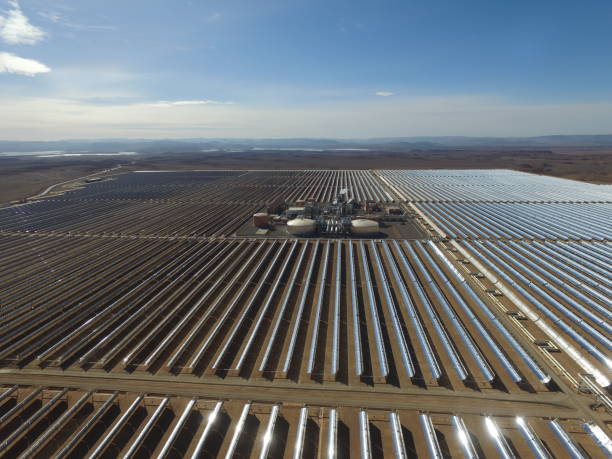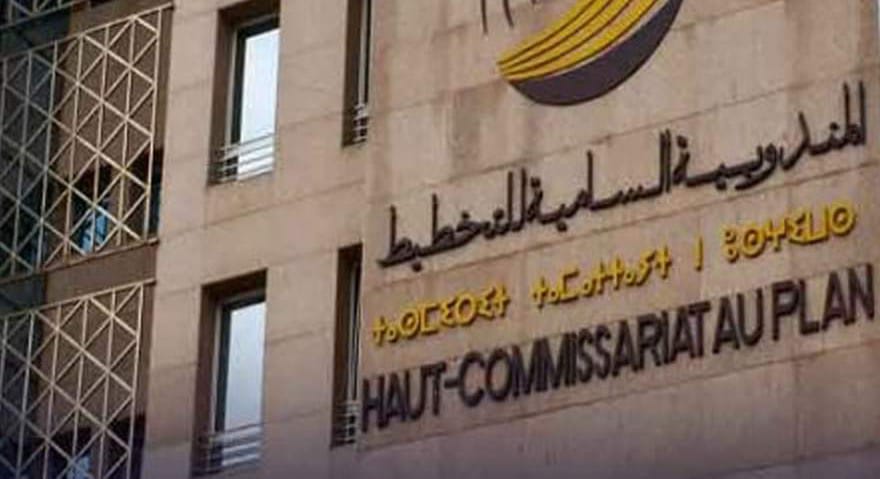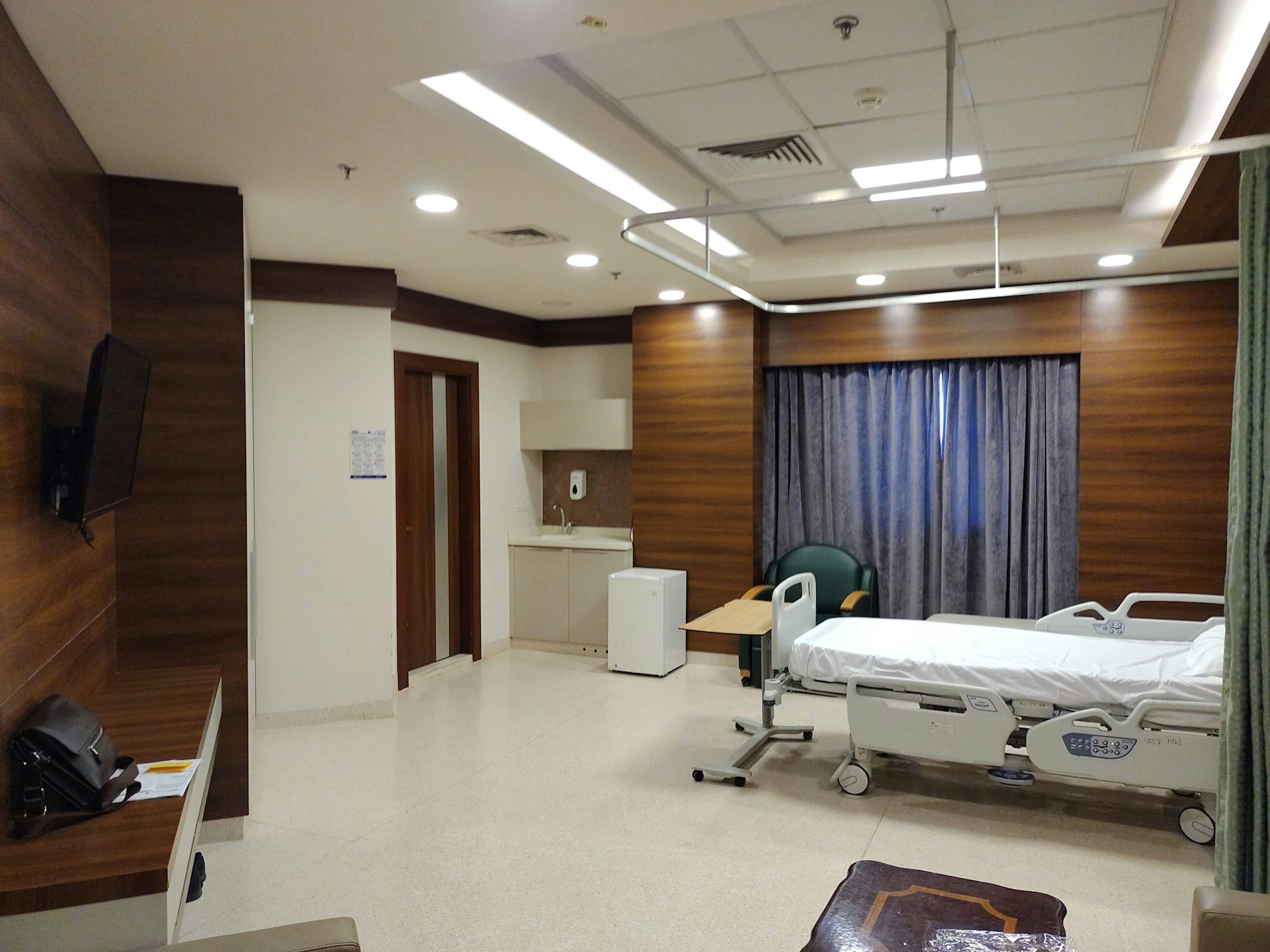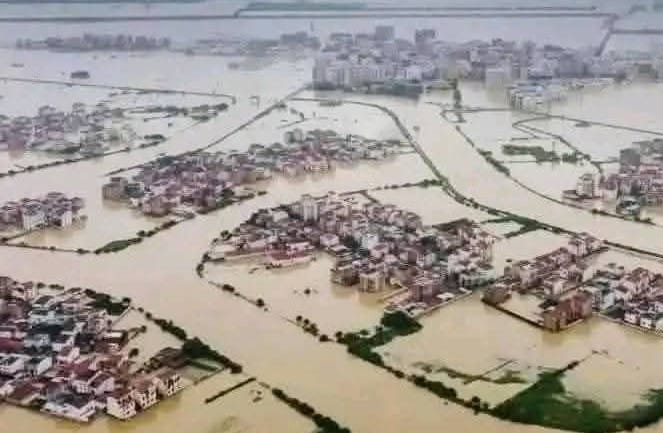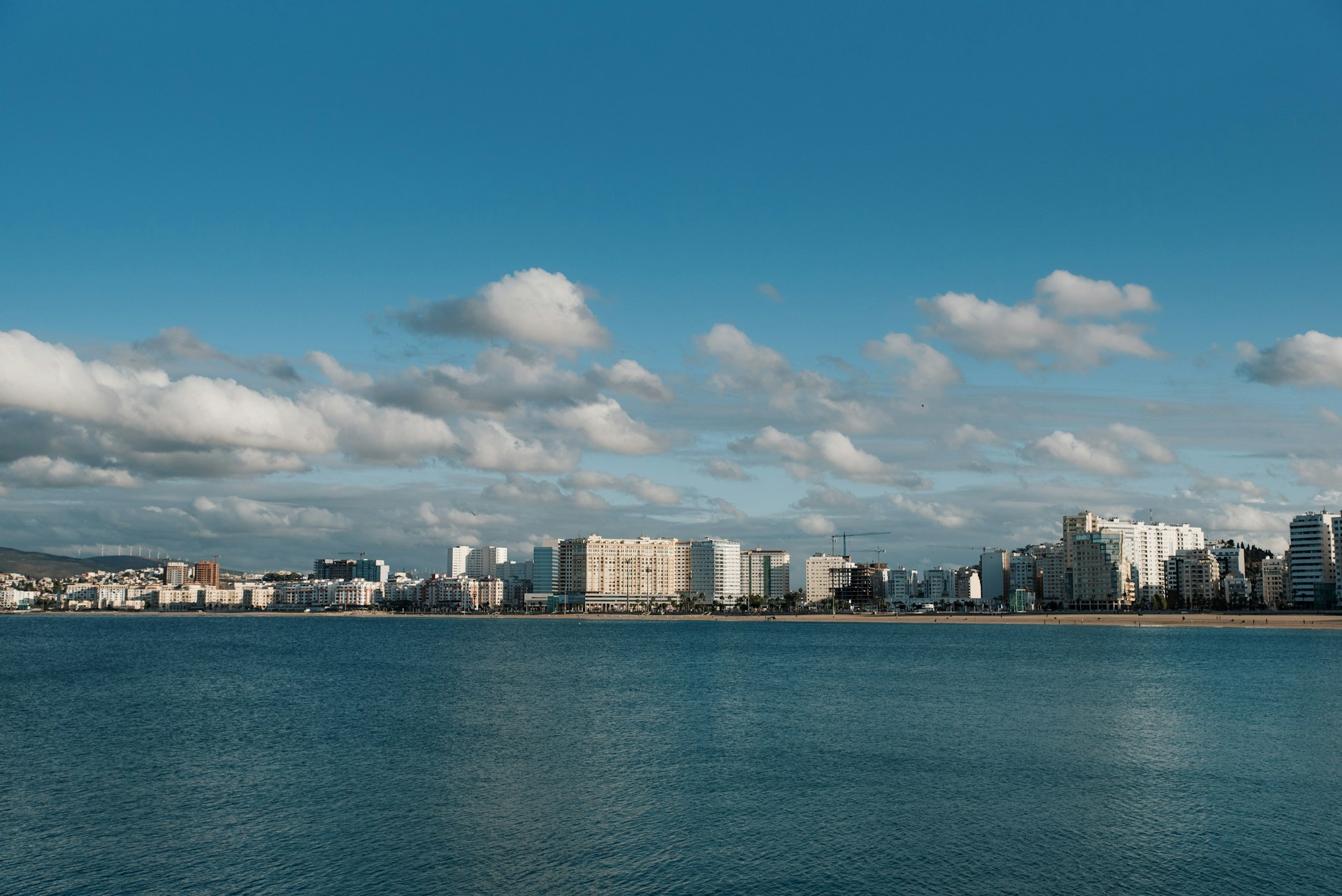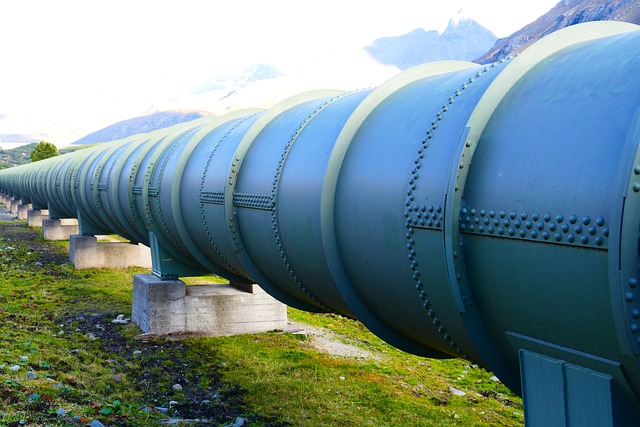Casablanca – A groundbreaking initiative is underway as the “Energy Trio” consortium initiates a seawater desalination project in Casablanca. Recently awarded to Acciona-Africa Gas-Green of Africa, this project aims to meet the region’s water needs by initially producing 200 million cubic meters of drinking water annually, with plans for future expansion to include an additional 100 million cubic meters for Casablanca and its surrounding areas.
The operation of pumping and osmosis units in the desalination process is estimated to require around 800 gigawatt-hours (GWh) of electricity per year, representing approximately 2% of Morocco’s total electricity consumption projected to be about 43,000 GWh in 2023.
To meet the energy demands of the desalination plant, the integration of renewable energy sources is proposed. This includes the establishment of a wind farm with a capacity of 260 megawatts (MW) and a classic solar photovoltaic farm with a capacity of 434 MW. Additionally, a non-interruptible power plant with a theoretical capacity of 122 MW is recommended.
The analysis also discusses conventional energy sources, such as coal, fuel oil, and natural gas, along with their respective cost estimates. For example, coal is projected to cost around 0.60 Dirhams ($0.06 USD) per kilowatt-hour (kWh), while fuel oil and natural gas are estimated at 1.50 Dirhams/kWh ($0.15) and 0.50 Dirhams/kWh ($0.05), respectively.
Furthermore, the document explores the potential role of Small Standard Reactors (SMRs) in providing reliable power. Each conventional nuclear reactor has a capacity close to 1,000 MWh, which, together with 6,600 GWh, would enable the operation of eight plants with a total capacity in Casablanca. However, challenges and uncertainties remain regarding the cost-effectiveness and reliability of nuclear energy solutions.
Casablanca’s seawater desalination project marks a significant step towards ensuring sustainable water supply in the region. By integrating renewable energy solutions and exploring innovative technologies, the project aims to address current water demands while paving the way for a more environmentally friendly and resilient future.






